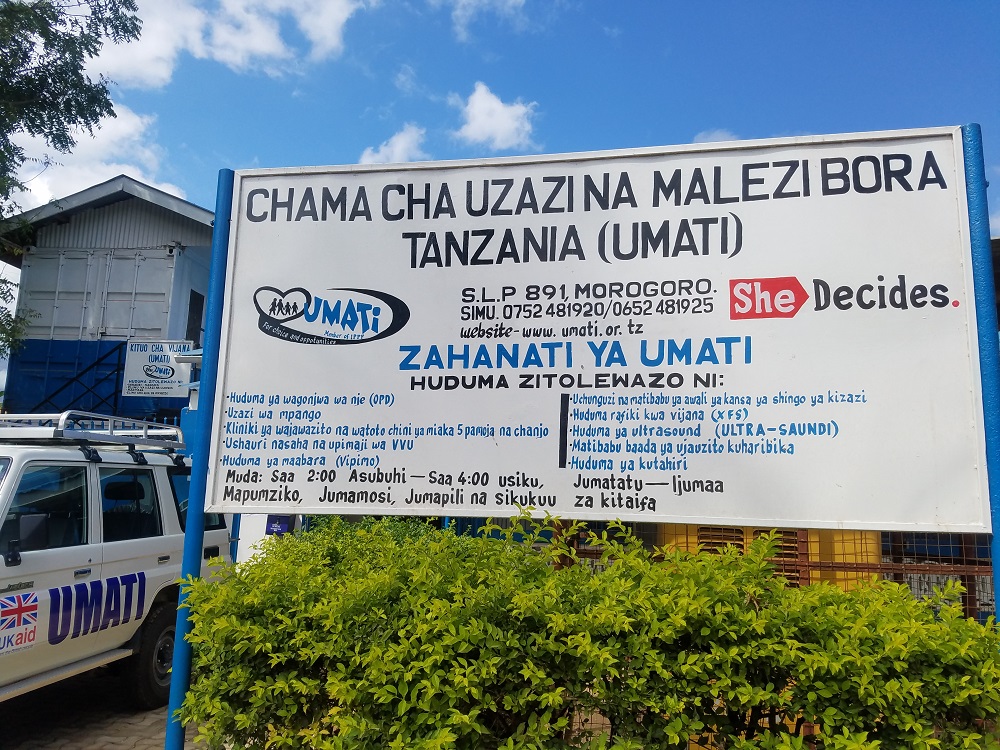Adaptive outreach programming during the C-19 pandemic: Experience from Chama Cha Uzazi Na Malezo Bora Tanzania (IPPF MA)
WISH2ACTION is a three-year project that aims at improving women’s sexual reproductive health through SRH services provision in public and private health facilities. The project is funded by DFID. UMATI implements this project in seven regions including the three regions which are highly hit by COVID 19: Dar es Salaam, Dodoma and Kilimanjaro.
The project provides its services through static clinics, community health workers (CHWs) and outreaches. The project provides integrated services include family planning, HIV counselling and testing, STIs counselling and testing, post-abortion care, and general counselling.
In the past year, the project has been successful in reaching many clients through these three approaches and even surpassed the project target during the reporting period. Most clients were served through outreach services with multiple services.
Demand creation activities, conducted the day before the outreach, including community dialogues, awareness campaigns and group discussions, have been a core success behind huge client turn out during outreaches. The CHWs also engage in demand creation through door to door visits; inviting clients before and on the outreach day; and mass gatherings such as markets, among others.
This however has changed overnight with the Coronavirus outbreak. Many of our services have been affected, especially outreaches and the demand creation. The WISH project team has adapted to the situation by taking several measures to ensure our service providers and clients are safe. All our outreach services at the moment include education and awareness on COVID 19. In addition, group counselling sessions are conducted outside the facility in an open space to allow social distancing.
The outreach teams have thermoscans for taking clients’ temperature before they enter outreach facilities to identify early symptoms and triage them as per the national guidelines. Clients are also required to follow protective procedures including wearing masks, washing their hands and observing social distancing.
